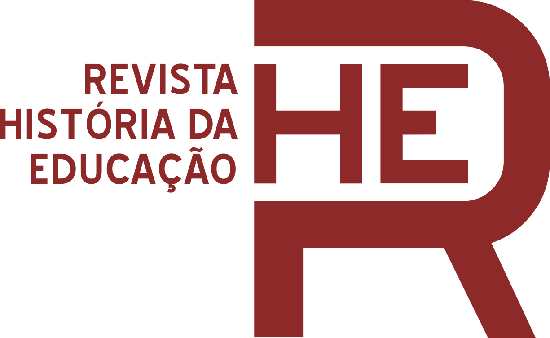Abstract
In this text, we seek to discuss from the investigations of Carleton Washburne, an important American pedagogue, how the individualization of the teaching of arithmetic in elementary school was constituted, in the midst of practices based on simultaneous teaching, a method by which everyone should learn at one and the same time. only time, the same content. In order to do so, Washburne's publications on children's difficulties in learning arithmetic, in the period from 1919 to 1943, are taken as empirical research material. From Certeau's point of view, the analysis of Washburne's production evidenced “combinational and utilitarian consumptions” resulting from the educational reorganization of the school itself, privileging the individualized teaching of arithmetic in primary school. Such teaching was not reduced to a matter of method or different techniques with which the teacher should teach, but of a new pedagogical concept that modified arithmetic itself and the teacher-student-knowledge relationship in the educational process.
Keywords:
teaching arithmetic; Carleton Washburne; progressive education; psychological order; scientific investigations

 Thumbnail
Thumbnail
 Thumbnail
Thumbnail
 Thumbnail
Thumbnail
 Fonte: Acervo iconográfico da autora
Fonte: Acervo iconográfico da autora
 Fonte: Acervo iconográfico da autora
Fonte: Acervo iconográfico da autora
 Fonte: Acervo Alda Lodi
Fonte: Acervo Alda Lodi